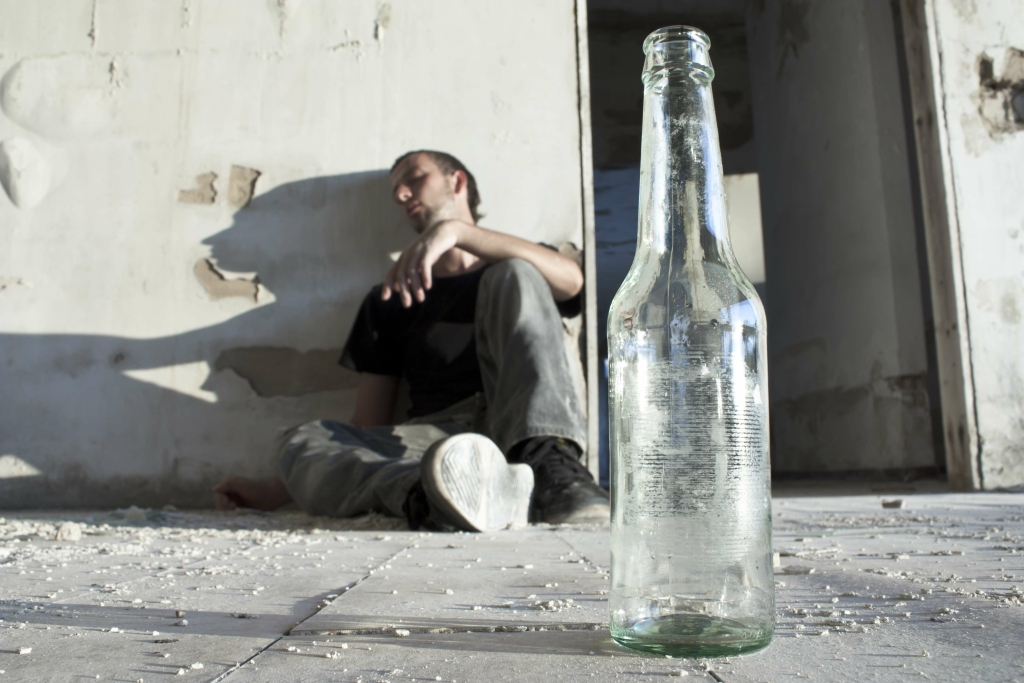You may be irritable, impulsive, aggressive or chronically angry most of the time. Intermittent explosive disorder is a chronic disorder that can continue for years, although the severity of outbursts may decrease with age. Treatment involves medications and psychotherapy to help you control your aggressive impulses.
- As a result, you may be overly aggressive during a situation where you’d otherwise notice the cues that tell you to think more rationally.
- The study also found that untreated ADHD is a significant risk factor for substance use disorders.
- The drinking could have started because of financial issues.
- Some people who normally seem calm and composed when sober may become angry and easily provoked when intoxicated.
- An increase in anger after trauma and the use of alcohol to cope with PTSD symptoms were stronger predictors of physically aggressive or violent acts than a lifetime diagnosis of PTSD without anger.
OCD is sometimes called an anxiety disorder because intense anxiousness and negative emotions often accompany obsessions. Here are a few effects of aggressive behavior related to drinking. Overall, exhibiting one or a combination of the above factors can increase your chances of becoming angry when intoxicated.
What Is the Connection between Alcohol and Anger?
Stress also affects focus and attention abilities, and heightens energy while decreasing appetite and sleep functions. Alcohol dependence can be closely tied to aggressive behaviors. Some people are more prone to trouble controlling their anger while drinking than others. People who are more focused on the present than the future are more likely to become angry and aggressive under the influence of alcohol, for example, Science Daily publishes.

While drinking alcohol isn’t the sole reason for assault, it plays a substantial role in whether someone commits a violent crime. Furthermore, alcohol can make you focus too much on specific words or behaviors from other people. If you see someone cut in front of you in line for the bathroom at a bar or concert, you may react aggressively when you otherwise wouldn’t mind. When drinking, it becomes increasingly challenging to interpret information logically.
Sign up for text support to receive:
Life can be really frustrating, and you might find yourself struggling to deal productively with emotions of anger. Or, you may have someone in your life or family who has a problem with a short fuse or a hot temper. When anger gets out of control, this emotion can become very destructive to yourself and others. Laura Newberry is a reporter with the mental health initiative at the Los Angeles Times and writes Group Therapy, a weekly newsletter. She previously worked on The Times’ education team and was a staff reporter at both the Reading Eagle in Eastern Pennsylvania and MassLive in Western Massachusetts. She graduated from UC Berkeley’s Graduate School of Journalism in 2018 and is currently pursuing her master of social work.

Problems with alcohol and anger seldom improve on their own, and solving such problems requires a great deal of commitment and outside help. There is also a theory that the disinhibition that alcohol creates raises the risk of violent behavior. Heavy drinkers are more likely to engage in risky behavior, which includes being violent and acting out hostile emotions, often against a loved one. Ultimately, nobody knows what comes first—anger or alcohol use disorder (AUD). However, some studies have been done to better understand who is more at risk.
Dangers of Mixing Adderall and Alcohol
Have your friends ever referred to you as an “angry drunk”? There are several risk factors, all of which impact people differently. They were also required to respond to the Consideration of Future Consequence Scale (CFC). It was found that those scoring lower became significantly more aggressive than those who had higher ratings on the CFC. The findings alcoholic rage syndrome were explained by emphasizing that concern for the future involves greater prefrontal cortex resources that help inhibit the excessive impact of alcohol. Specifically, it found that problematic drinkers may be more likely to attend to aggressogenic stimuli while intoxicated, and that is, they were more likely to experience certain cues as aggressive.

As with all co-occurring disorders, it’s important to treat anger management issues and AUD at the same time as part of a comprehensive treatment program. Anger management counseling can help with outsized anger problems. However, the anger management experts at Nugent Family Counseling Center want our patients to understand that some triggers and behaviors, including alcohol use or abuse, increase the risk of angry blow-ups. There’s no better way to put it — properly addressing alcohol-fueled aggression is crucial for your well-being and relationships.
Why Does Drinking Release the Rage? Understand Alcohol-Related Anger and Aggression
By Buddy T
Buddy T is a writer and founding member of the Online Al-Anon Outreach Committee with decades of experience writing about alcoholism. Because he is a member of a support group that stresses the importance of anonymity at the public level, he does not use his photograph or his real name on this website. There are a number of cognitive, neurobiological, and social factors that can influence how alcohol affects aggression.
- Likewise, therapists at HRTC don’t compel people to stop using drugs or alcohol completely.
- It improves concentration and reduces impulsivity and hyperactivity in people with ADHD.
- I need to understand what it’s doing for them, and support them in making changes that help them.
- Anger management counseling can help with outsized anger problems.
- The findings were explained by emphasizing that concern for the future involves greater prefrontal cortex resources that help inhibit the excessive impact of alcohol.
- AA also endorses the disease model of substance use problems, which could feel dismissive if you know that your drinking is the most effective way you’ve learned so far to soothe the wounds of trauma.
You may need professional guidance and support, especially while navigating alcohol withdrawal symptoms. According to research compiled by the National Institute on Drug Abuse, alcohol use is a considerable contributing factor to sexual assault. Similarly, in nearly 40% of violent incidents, surveyed individuals from the United Kingdom said they believed their perpetrator was under the influence of alcohol.
